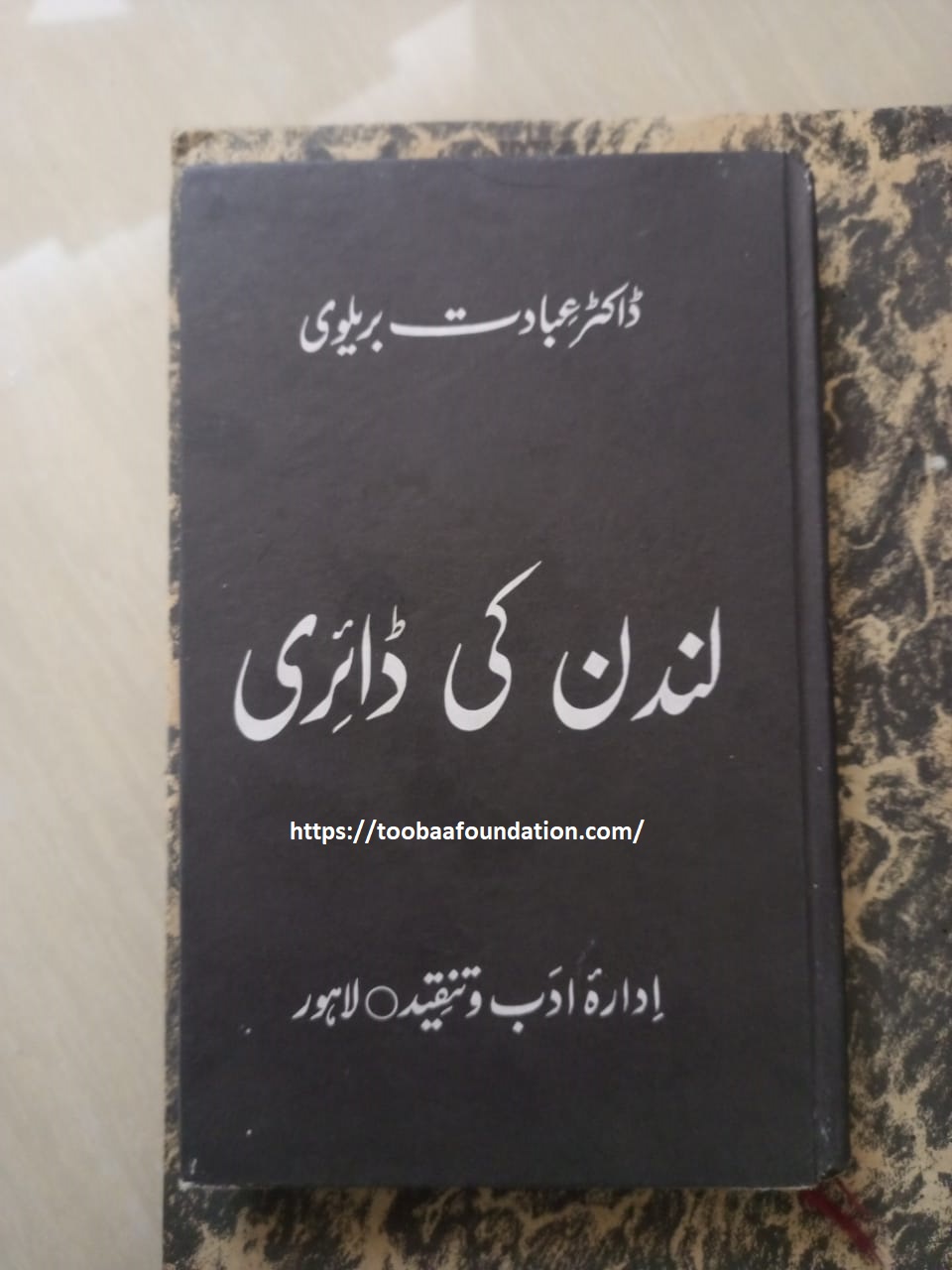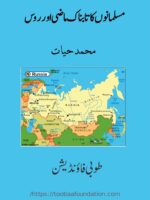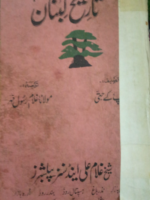LONDON KI DAIRY BY DR. IBADAT BRAILVEE
لنڈن کی ڈائری ڈاکٹڑ عبادت بریلوی
LONDON KI DIARY BY DR. IBADAT BRAILVEE
By (author)Ibadat Bareilvi
LONDON KI DAIRY BY DR. IBADAT BRAILVEE
لنڈن کی ڈائری ڈاکٹڑ عبادت بریلوی
This book is presented for introduction if you want to buy this book or get its pdf then you can contact us through whatsapp number or comments in review, also through facebook page.
| BOOK AUTHOR | |
|---|---|
| LIBRARY | |
| BOOK PUBLISHER | Idara-e-Adab-o-Tanqeed, Lahore |
Related products
-
Musalmano ka tabnak mazi Aur roos By Muhammad Yahat
مسلمانوں کا تابناک ماضی اور روسMusalmano ka tabnak mazi Aur roos By Muhammad Yahat
مسلمانوں کا تابناک ماضی اور روسمصنف:محمد حیات
مسلمانوں کا تباناک ماضی اور روس ،ان چند صفحات میں نہات جامعہ ریشاء کی تاریخ اور اور مسلمانوں کے ریشاء میں عروج پر روشنی ڈالی گئی ہے۔
-
خیر القرون میں تصوف کی ہیت و حیثیت :ابن محمد جی قریشی
خیر القرون میں تصوف کی ہیت و حیثیت
مصنف: ابن محمد جی قریشی
-
-
tarekh e labnan Urdu
Lebanon in History By Philip k.Hitti
تاریخ لبنان
تاریخ لبنان مصنف کے ہٹلی
This is an authorized translation of LEBANON IN HISTORY by Philip k.Hitti -
-










Be the first to review “LONDON KI DIARY BY DR. IBADAT BRAILVEE”